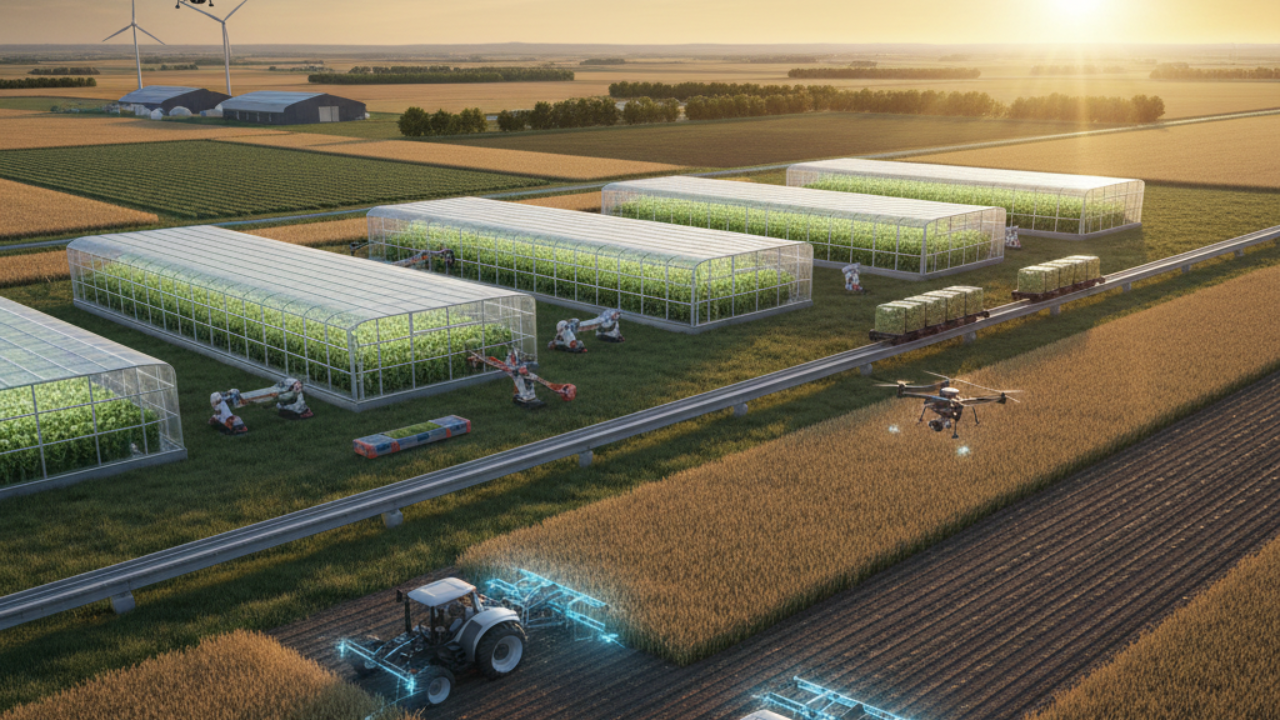
Shruti Haasan’s Warm Birthday Tributes for Kamal H
On Kamal Haasan's 71st birthday, Shruti Haasan shares a heartfelt video and affectionate messages, c

Saskatchewan has long been recognized as the heart of Canada’s agricultural industry. In 2025, farming and agriculture continue to play a pivotal role in the province’s economy, community development, and global food supply. This article explores why agriculture matters, key crops, modern farming techniques, and the economic impact for residents and newcomers.
Agriculture is central to Saskatchewan’s economy, contributing billions in revenue annually. The province is a major exporter of wheat, canola, barley, and pulses, feeding both domestic and international markets. Beyond economic contributions, farming supports rural communities by providing employment, infrastructure development, and sustaining local businesses.
Wheat and canola remain the backbone of Saskatchewan’s crop production, while soybeans, lentils, and barley complement the agricultural portfolio. Modern techniques, such as precision farming, drone monitoring, and sustainable irrigation methods, are increasingly adopted to maximize yield and minimize environmental impact. Organic and eco-friendly farming is also gaining momentum among younger farmers and exporters targeting health-conscious markets.
Livestock farming, including cattle, poultry, and hogs, plays a crucial role in diversifying Saskatchewan’s agricultural output. Investments in feed efficiency, animal health, and sustainable pasture management have enhanced productivity while maintaining quality standards for domestic and export markets.
Agriculture drives significant export revenue, making Saskatchewan an essential contributor to Canada’s trade balance. The province’s products are shipped worldwide, meeting growing demand for food security. In addition, agri-businesses, processing plants, and related services create thousands of jobs, strengthening local economies.
Farmers face challenges such as climate variability, rising input costs, and fluctuating global markets. However, technological innovations, government support programs, and sustainable practices provide opportunities to maintain productivity and competitiveness. Saskatchewan’s commitment to renewable energy, soil conservation, and agri-tech research positions its farming industry for long-term growth.
Farming and agriculture in Saskatchewan remain the backbone of the province’s economy and culture. With modern techniques, sustainable practices, and a strong export market, the agricultural sector continues to thrive in 2025, benefiting both local communities and the global food supply chain.
Disclaimer: This article is for informational purposes only. Policies, practices, and market conditions may change. Always consult official sources and experts for the latest agricultural guidance.